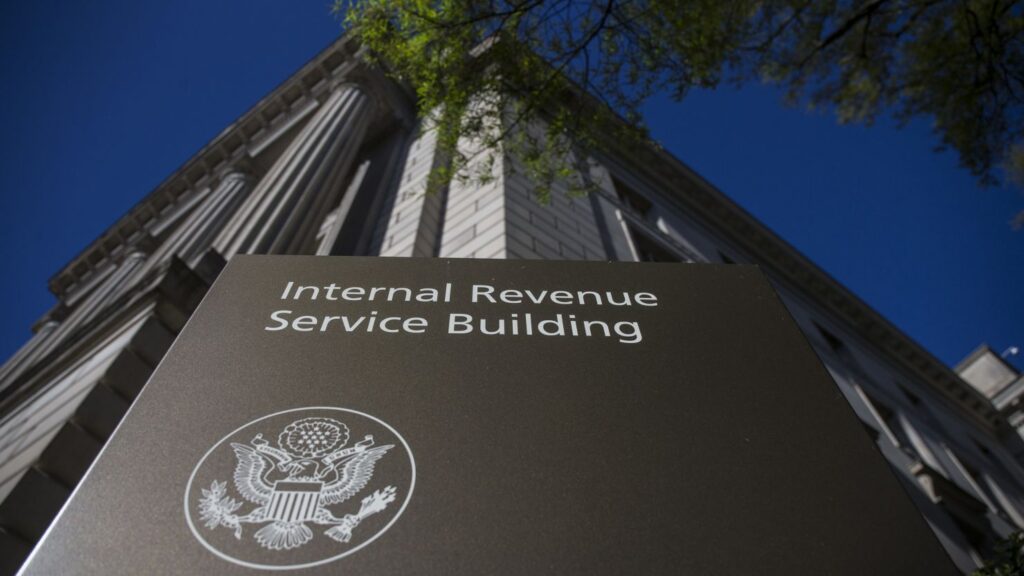The IRS, or US Internal Revenue Service, has unveiled a new draft of the 1099-DA tax form, used by cryptocurrency brokers and investors to report certain digital asset transactions for the upcoming tax period in 2025. The new version is a significant step forward from the initial draft presented in April 2024.
The new draft regulations are available on the IRS website for the next 30 days. Some issues have been resolved with the change to this latest rule. But experts believe that for the sake of crypto investors around the world, the IRS could do with getting things straight.
Key changes to the updated IRS Form 1099-DA:
– Eliminate the requirement for investors to disclose their wallet address and transaction ID, which is a privacy issue
– Eliminate the requirement to include the time transactions took place, only the date is required
– Brokers do not need to indicate on the form what type of brokerage they are involved in
“The new Form 1099-DA will help taxpayers comply with the complex world of digital assets,” Raj Mukherjee and Seth Wilks, directors of the IRS’s Office of Digital Asset Initiative, said in an email.
What they say
Crypto tax professionals have hailed the revised 1099-DA form as a big improvement over the previous draft.
“The first version was overwhelming: hard to read, hard to know what to do with the information,” said Jessalyn Dean, vice president of tax reporting at Ledgible, a crypto tax company. “This version is much more readable.”
Andrew Rossow, attorney and CEO of AR Media Consulting, said these changes come close to protecting privacy concerns, but they’re still not enough: The IRS can do a lot more to make this filing process easier for investors.
Rossow explained that while the IRS has focused on central exchanges, it has ignored this growing decentralized financial ecosystem that actually has different rules of operation. This will stifle innovation, he said, and create an uneven playing field in the sector.
The World of Cryptocurrency Tax Regulation: The Way Forward
The new plan comes just two months after the tax agency released rules for brokers regarding reporting of virtual currency transactions. The statement also said that addressing organized solutions, such as decentralized and self-managed brokerage firms, will be part of its new guidance for the coming year.
The IRS has not yet finalized Form 1099-DA; it may not be released until the 2025 tax year. It is clear that the IRS’s decision in this regard shows an increased emphasis on disclosure and compliance. While this is certainly a step in the right direction, the new Form 1099-DA needs to be much more tailored to those who deal with virtual money.
Featured image from CNN, chart from TradingView




